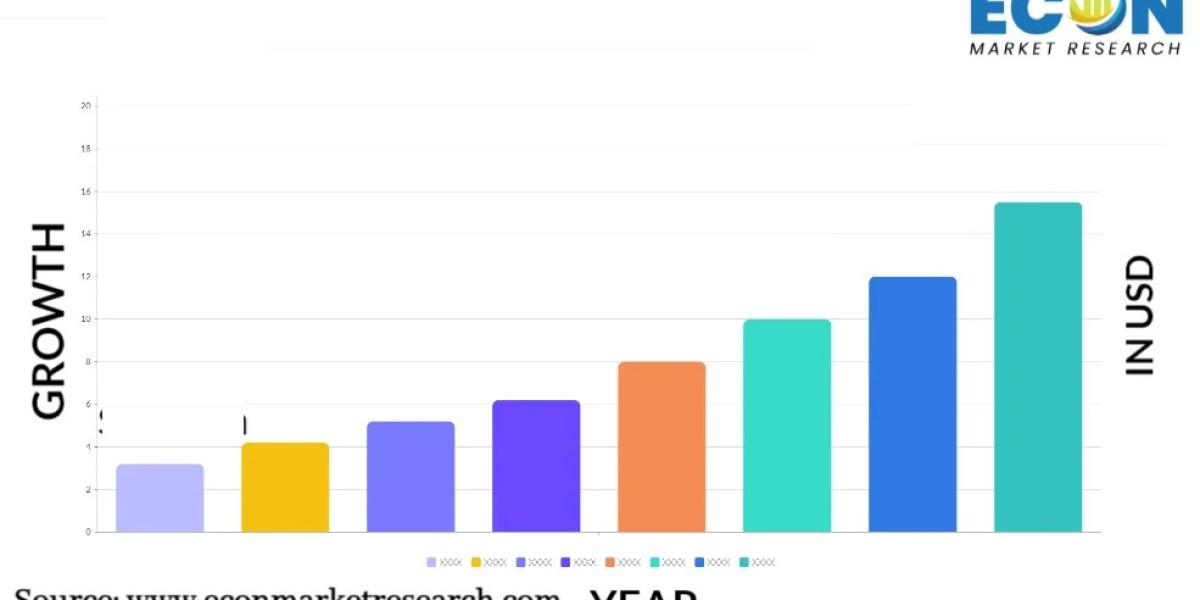As the world shifts towards cleaner energy solutions, hydrogen has emerged as a pivotal resource in achieving carbon neutrality. The hydrogen economy relies on technologies that facilitate hydrogen's production, storage, and distribution, with hydrogen compressors playing a critical role. Hydrogen compressors are essential for compressing hydrogen gas to the high pressures required for storage, transportation, and industrial use. This article explores the intricacies of hydrogen compressors, their types, applications, and their growing importance in the energy transition.
More info : https://www.econmarketresearch.com/industry-report/hydrogen-compressor-market/
What is a Hydrogen Compressor?
A hydrogen compressor is a mechanical device designed to increase the pressure of hydrogen gas. Compressing hydrogen is essential for various applications, from fueling hydrogen-powered vehicles to transporting hydrogen in pipelines or storing it in high-pressure tanks. These compressors ensure the safe and efficient handling of hydrogen, a gas known for its low density and high diffusivity, which make compression challenging compared to other gases.
Types of Hydrogen Compressors
Hydrogen compressors come in several designs, each tailored to specific applications and operational requirements:
1. Reciprocating Compressors
These are the most common type of hydrogen compressors. They use pistons to compress hydrogen in a stepwise manner. Reciprocating compressors are ideal for high-pressure applications, such as hydrogen fueling stations, and are known for their robustness and reliability.
2. Diaphragm Compressors
Diaphragm compressors use flexible diaphragms to compress hydrogen without direct contact between the gas and moving parts. This design minimizes contamination risks, making them suitable for applications requiring ultra-pure hydrogen, such as in the electronics and pharmaceutical industries.
3. Centrifugal Compressors
Using high-speed impellers, centrifugal compressors are efficient for compressing large volumes of hydrogen at moderate pressures. They are often used in industrial settings, such as hydrogen production plants.
4. Hydride Compressors
These innovative compressors use metal hydrides to absorb and release hydrogen under controlled conditions. They are energy-efficient and suitable for applications where compact design and safety are priorities.
Key Applications of Hydrogen Compressors
Hydrogen compressors are indispensable in various sectors, including:
1. Hydrogen Refueling Stations
Compressors are used to pressurize hydrogen to the levels required for fueling vehicles, typically between 350 and 700 bar. This ensures rapid and efficient refueling for hydrogen-powered cars, buses, and trucks.
2. Industrial Applications
Industries such as oil refining, steel production, and ammonia synthesis rely on compressed hydrogen for their processes. Hydrogen compressors facilitate the seamless integration of hydrogen into these operations.
3. Energy Storage and Transportation
In the energy sector, hydrogen compressors enable the storage of surplus renewable energy as compressed hydrogen. They also facilitate the transportation of hydrogen through pipelines or in high-pressure tanks to end-users.
4. Research and Development
Hydrogen compressors are widely used in laboratories and research facilities exploring new hydrogen technologies, such as fuel cells and advanced storage materials.
Innovations in Hydrogen Compressor Technology
The growing demand for hydrogen has spurred advancements in compressor technology:
1. High-Pressure Capabilities
Modern compressors are designed to handle pressures exceeding 1,000 bar, enabling efficient storage and transportation.
2. Hybrid Systems
Hybrid hydrogen compressors combine different compression methods, such as mechanical and hydride-based systems, to optimize performance and energy efficiency.
3. Smart Monitoring
Advanced sensors and AI-driven analytics are being integrated into compressors to monitor performance, predict maintenance needs, and enhance operational safety.
The Role of Hydrogen Compressors in the Green Economy
Hydrogen compressors are a cornerstone of the green economy, supporting the transition to renewable energy systems. By enabling the storage and distribution of hydrogen, these compressors facilitate the integration of renewable energy sources, such as solar and wind, into the energy grid. Additionally, they are vital for scaling up hydrogen-powered transportation and decarbonizing industrial processes.
Phone Number: +1 812 506 4440
Email : sales@econmarketresearch.com









